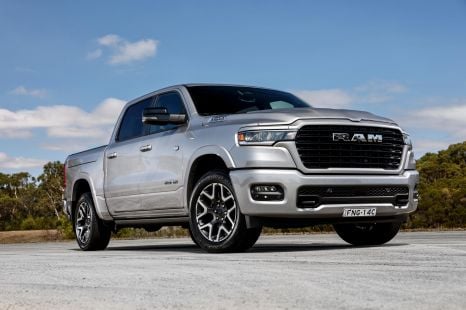

Damion Smy
Ram 1500, 2500 and 3500 recalled
23 Minutes Ago
StoreDot plans to have its '100in5' fast-charging battery cells in mass production by 2024. Pouches are already being sent to OEM partners.

Contributor
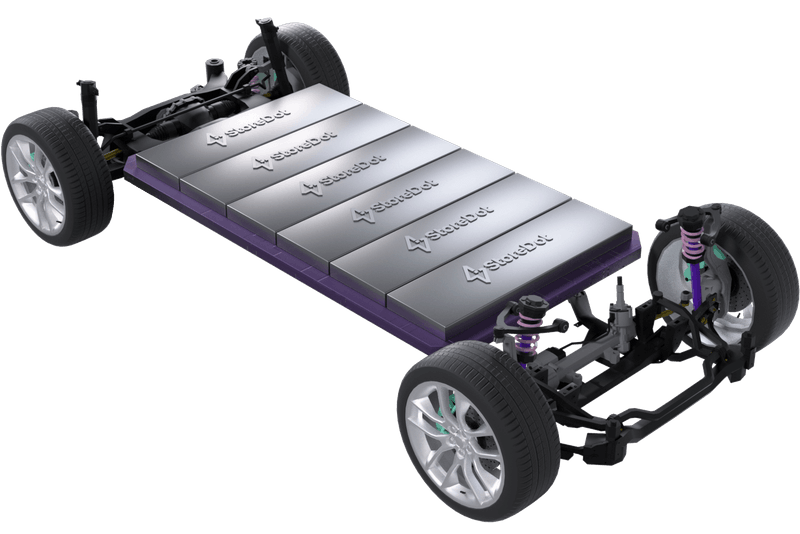

Contributor
Israeli battery startup StoreDot has detailed its next step in getting silicon-dominant lithium-ion “extreme fast-charging” battery cells in mass production by 2024.
The company conducted a test where it found its battery cells were capable of over 1000 charge cycles before the capacity dropped below 80 per cent of its original threshold.
For the test, StoreDot took a 30Ah pouch filled with production-ready battery cells and consecutively charged it from 10 to 80 per cent in 10 minutes. It then allowed the battery to discharge for an hour before repeating the process.
The company found for the first 600 battery cycles there was “no noticeable degradation” and the battery was able to be fast-charged from 10 to 80 per cent consecutively.
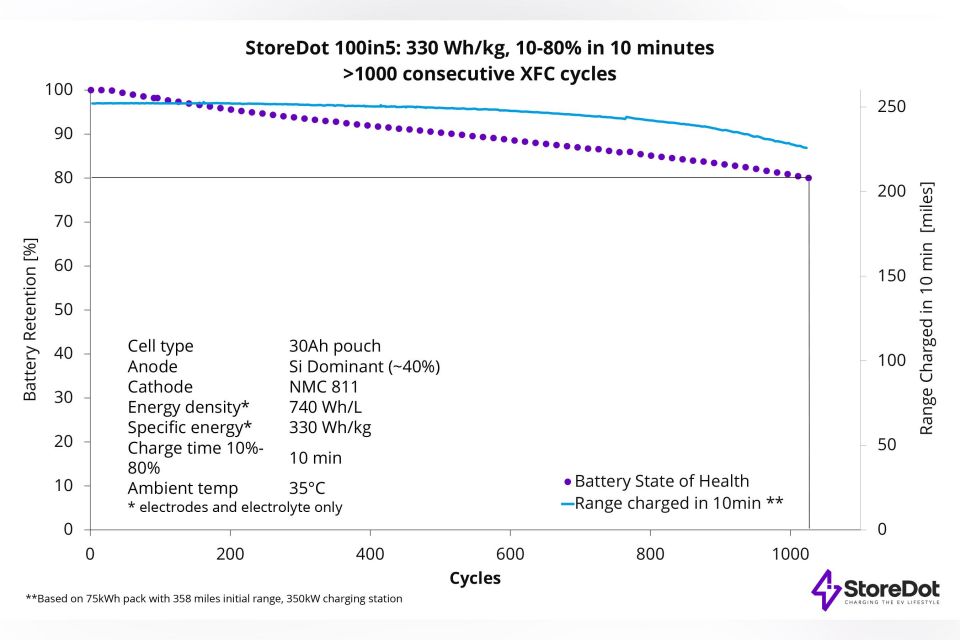
This latest test follows a similar experiment conducted by StoreDot in March this year where it found prototype versions of its extreme fast-charging cells were capable of achieving over 1200 consecutive charge cycles.
StoreDot has confirmed that it’s now shipping its extreme fast-charging battery cells to its OEM partners in pouch format for “intense real-world testing”.
The company currently has partnerships with OEMs such as Polestar, Volvo, Daimler, and VinFast. It also has partnerships with BP, TDK, Ola Electric and EVE.
The cells that are being shipped are claimed to have a gravimetric energy density of 300Wh/kg. For context, the current Chinese-built Tesla Model 3 with the lithium iron phosphate (LFP) battery pack has a gravimetric energy density of 125Wh/kg.
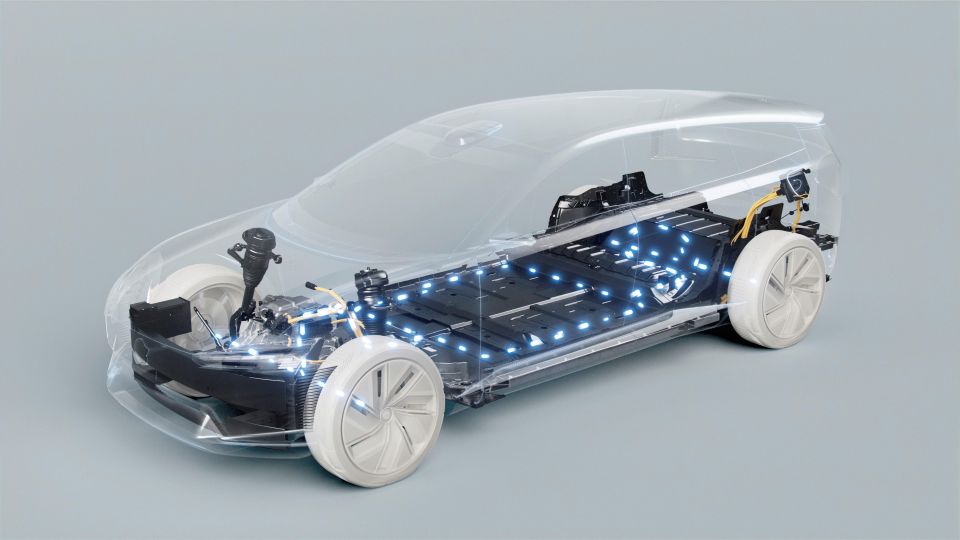
These cells are also claimed to provide the promised ‘100in5’ performance, which means that drivers can add 100 miles (161km) of range in five minutes of charging.
“The latest tests represent a landmark not just for StoreDot, but also the global battery industry and the entire sustainable mobility ecosystem,” said StoreDot vice president of R&D Yaron Fein.
“Our product performance goal for 2022 was to reach 1000 cycles of consecutive extreme fast charging of 10 to 80 percent in ten minutes, with an energy density of at least 300Wh/kg.”
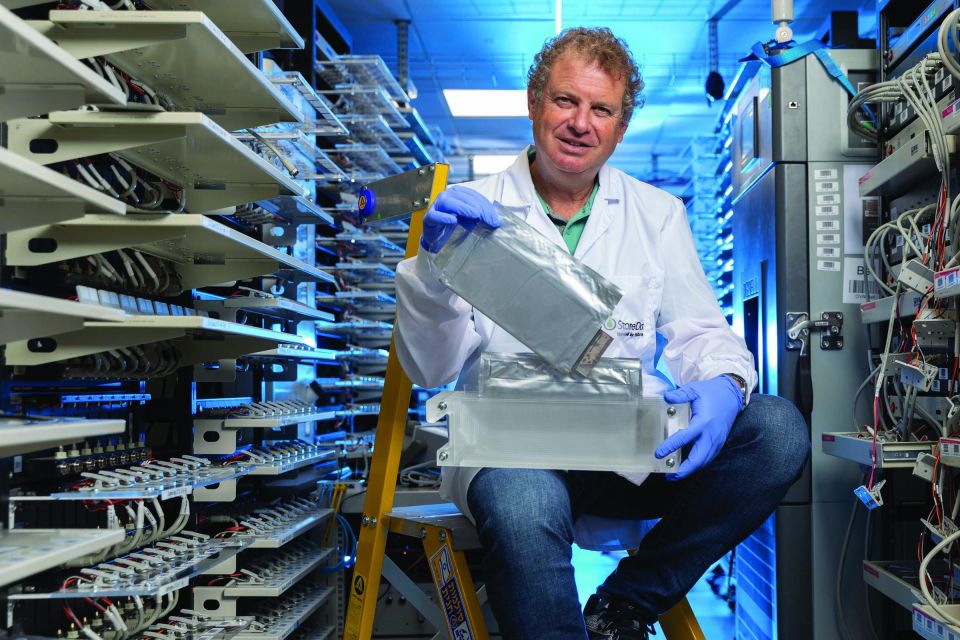
Beyond this, StoreDot is still developing its extreme fast-charging in both cylindrical and prismatic form factors.
The company is aiming to release its ‘100in3’ solid-state battery in 2028, with a target gravimetric energy density of approximately 400Wh/kg.
In 2032, StoreDot plans launch a ‘post-lithium’ battery called ‘100in2’ with an energy density of 500Wh/kg.
MORE: Volvo invests in extreme fast-charging battery startup MORE: Polestar invests in Israeli extreme fast-charging battery startup
Jack Quick is an automotive journalist based in Melbourne. Jack studied journalism and photography at Deakin University in Burwood, and previously represented the university in dance nationally. In his spare time, he loves to pump Charli XCX and play a bit of Grand Theft Auto. He’s also the proud owner of a blue, manual 2020 Suzuki Jimny.


Damion Smy
23 Minutes Ago
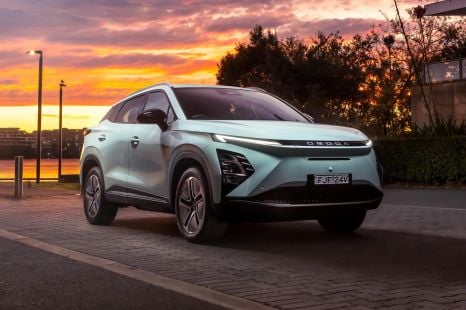

CarExpert.com.au
53 Minutes Ago
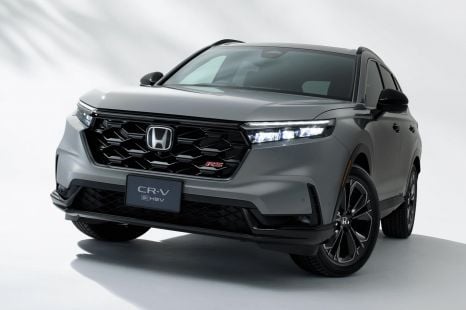

James Wong
1 Hour Ago
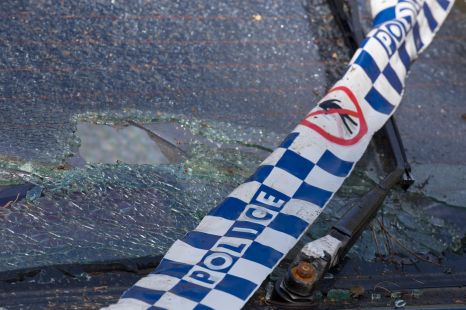

Damion Smy
2 Hours Ago
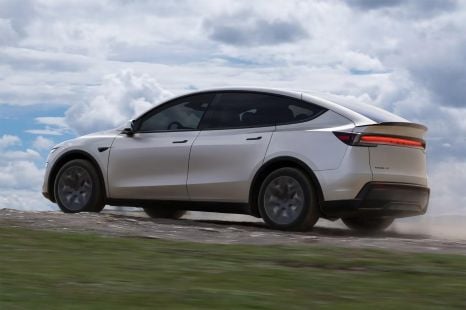

Derek Fung
3 Hours Ago
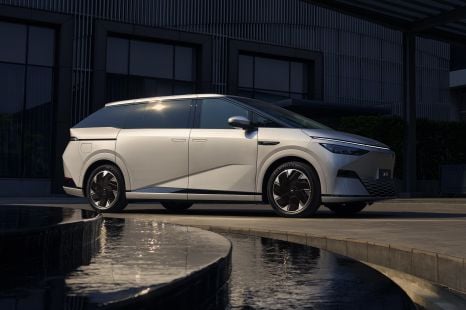

William Stopford
1 Day Ago